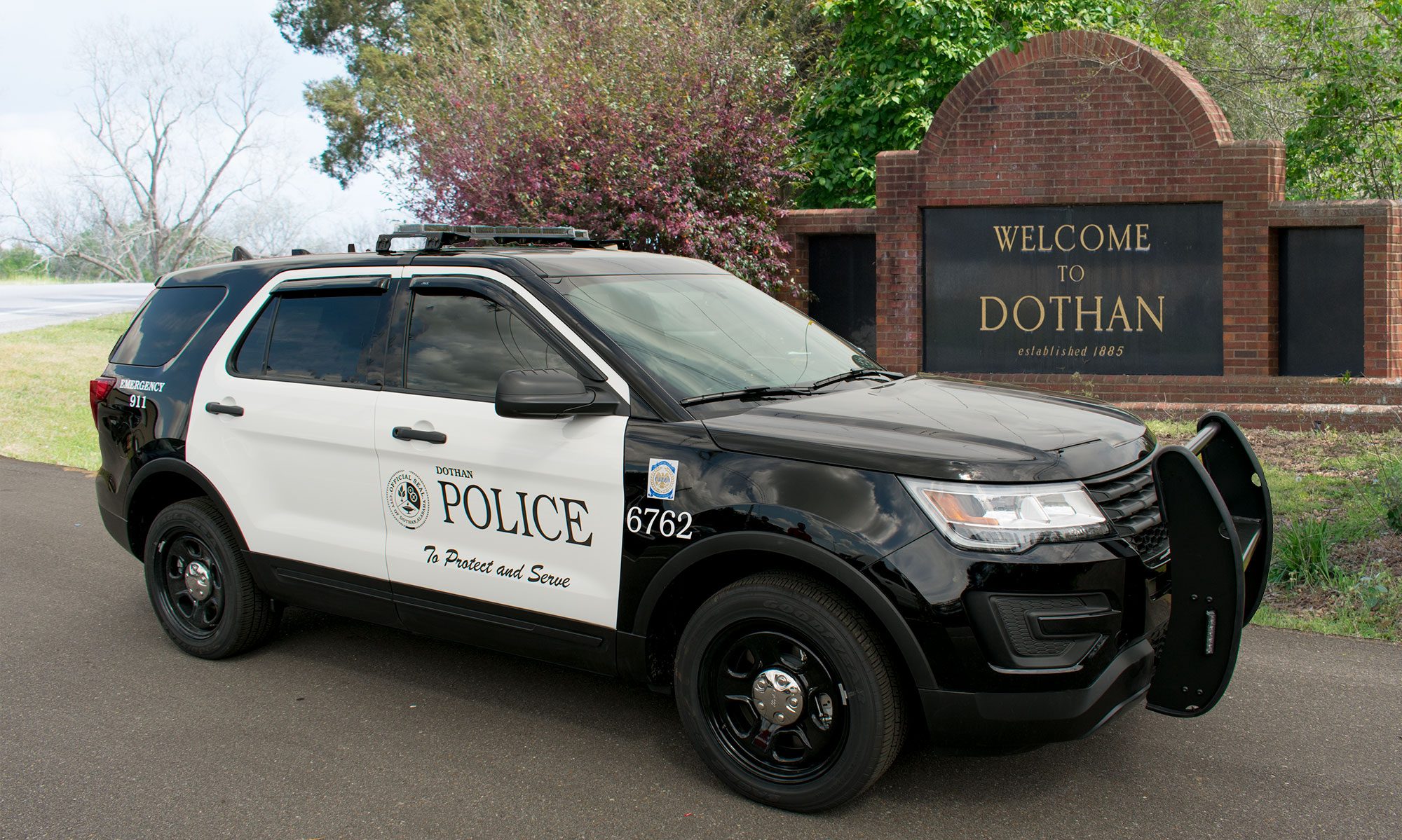Protecting our most precious resource is one of the main reasons the police department exists. Here are some tips for keeping your children safe from harm in today’s world.
Protecting Children Online
The American Academy of Pediatrics has a handy online tool for creating a media plan and suggestions on how to limit your child’s screen time. As children get older and become more independent, there are a variety of apps that parents should be aware of when deciding what to allow a child to install on their devices.
NEVER Leave a Child in a Car Unattended
This should go without saying, but every year dozens of children and scores of animals are injured or die in hot-car incidents in the United States. Neither animals nor children should be left unattended in a car, with or without the engine running no matter how long you’ll be away from the car. The potential for serious injury or death is just too great.

Use a Child Seat
Comply with the law by using a correctly installed child safety seat. If you ever have any questions as to how to install a child safety seat come to the Dothan Police Department’s front desk and ask to speak with a certified child safety seat instructor — the police department has a number of certified instructors who can inspect your seat and show you how to install it. You needn’t bring your child, but it is recommended so that they can ensure the best fit.
State law has the following requirements for child safety seats. If you do not conform to these requirements, you can receive a ticket for improper child restraint. These requirements are a minimum standard and you may choose to go above and beyond these requirements if you desire.
- Rear-facing seat required for all children until they are 1-year-old or 20 pounds
- Forward-facing seat required for children over 1-5-years-old or 20-40 pounds
- Belt-positioning booster seat until child is 6-years-old
- Properly fastened seat belt until child is 15-years-old
Children should be required to remain in a properly fastened seat belt and be transported in the back seat of an automobile. Passenger air bags are not designed to work with the smaller and lighter frames of children’s bodies. Also, children should not be permitted to ride in the bed of a pickup truck or any area of any vehicle not equipped with passenger restraint systems.
At the Playground
- Make sure equipment has protective surfacing under it – mulch, wood chips, sand, fine gravel, or rubber matting.
- Inspect equipment for damage, wear-and-tear and head entrapment hazards – openings that are closed on all sides and between 3-1/2″ and 9″ in size.
- Always keep visual contact with your child.
At Play
- Proper safety gear is a must: for softball and baseball – helmet; for bicycle – helmet; for skates and skateboard – helmet, elbow pads, wrist guards, gloves, knee pads; for scooter – helmet, wrist guards, knee and elbow pads.
- Keep sports equipment in good condition.
- Have your child take lessons for any new sport or physical activity.
Traffic Tips
- Teach your child to cross streets only at corners, to use crosswalks, and to obey traffic signals.
- Supervise all children under age 10 when crossing a street.
- Your child needs to know to obey traffic signs and signals when on a scooter, skates, skateboard or bike – and to beware of cars at alleys and driveways.
Personal Safety
- Keep doors and windows locked, and open the door only to people you know and trust.
- If someone calls, say your parent can’t come to the phone right now, and take a message.
- You’ll need to decide with your child what the rules are about cooking, using tools and appliances, taking a shower or bath, having friends over, and going out.
- Your child will also need to learn safety skills, such as where your first-aid kit is located and how to use it. Review with your child what to do in case of emergencies, including fire, a plumbing problem, or a power outage. Finally, ask your local Red Cross chapter, police or fire department about first-aid and safety courses for children.
- Teach your child NO, GO, and TELL: If a stranger offers something or asks for help, say “NO”, GO away quickly, and TELL a trusted adult what happened. Always have your child tell you where he / she is going and when he / she is expected back.
Sun Safety
- To prevent skin cancer later in life, have your child wear sunscreen with an SPF of at least 15 when outside – even on cloudy days.
- Re-apply every 2 hours, or after swimming or sweating. Have your child wear long-sleeved clothes, a wide-brimmed hat and sunglasses. Avoid the sun from 10:00 am – 4:00 pm, when it is strongest.
Home Alone
- If your child must ever be alone at home, set up some house rules.Tell your child:
- Go straight home after school.
- Keep doors and windows locked, and open the door only to people you know and trust.
- If someone calls, say your parent can’t come to the phone right now, and take a message.
- You’ll need to decide with your child what the rules are about cooking, using tools and appliances, taking a shower or bath, having friends over, and going out.




You must be logged in to post a comment.